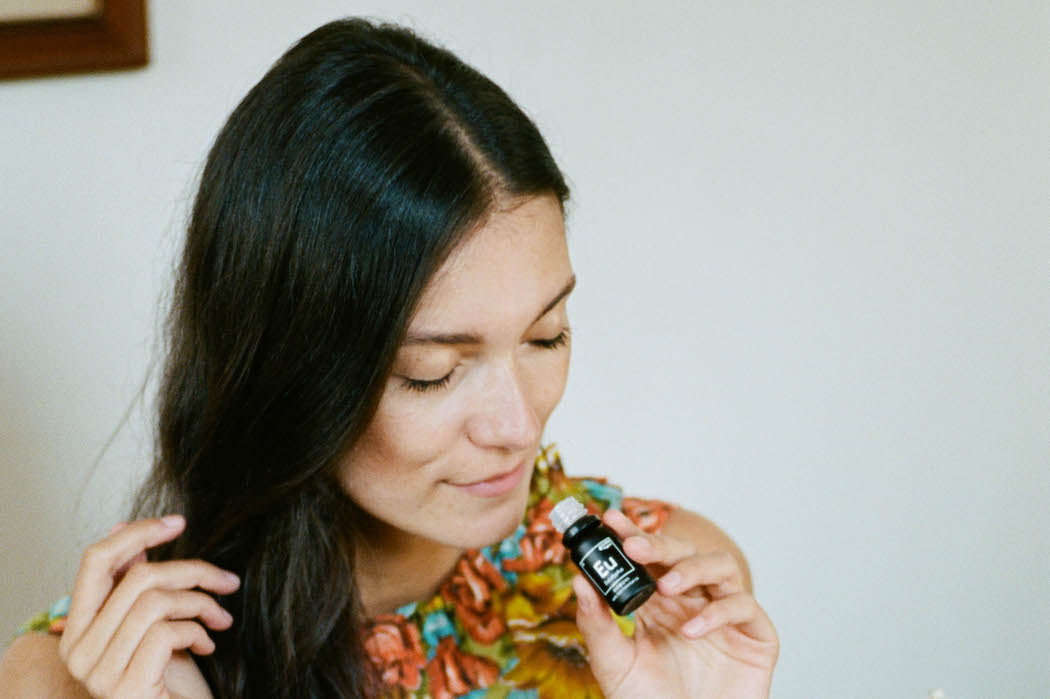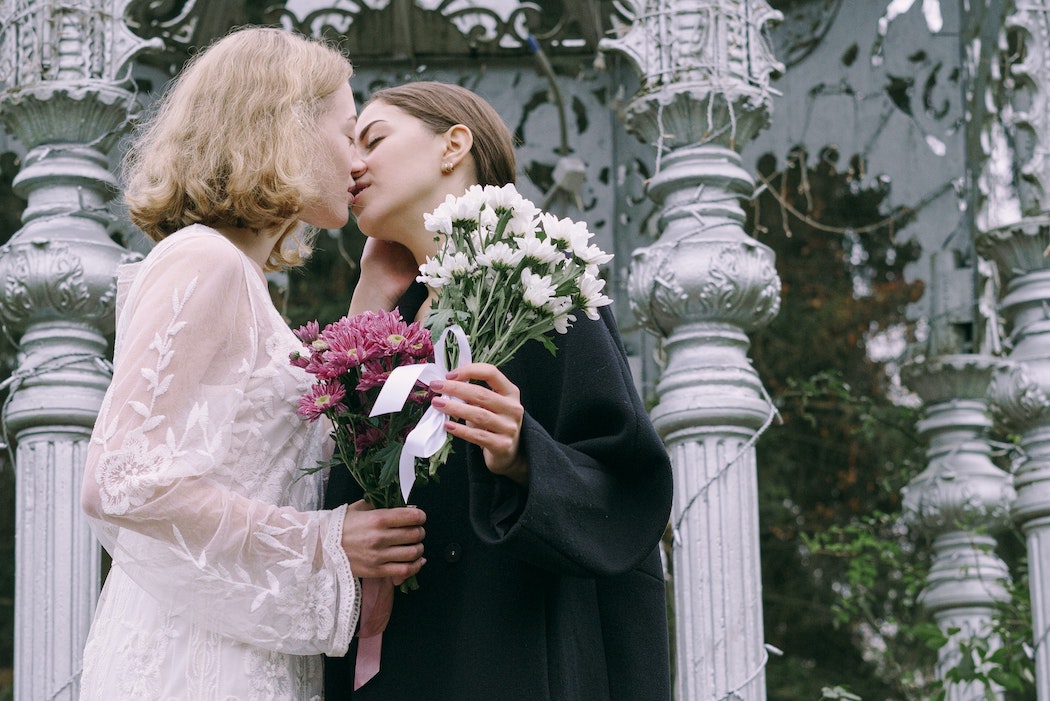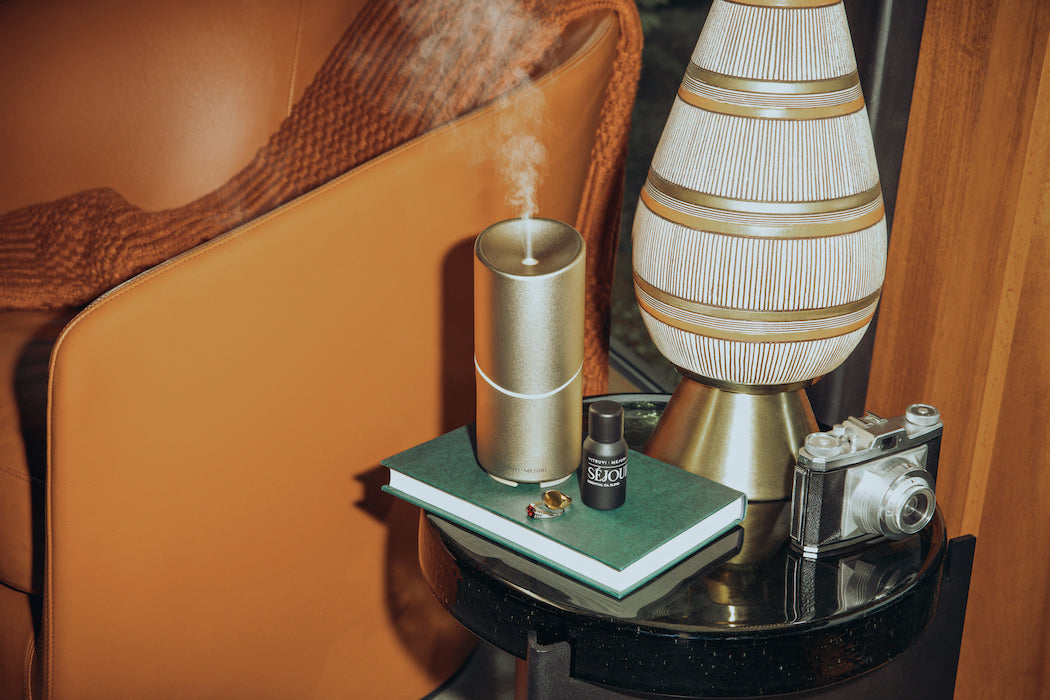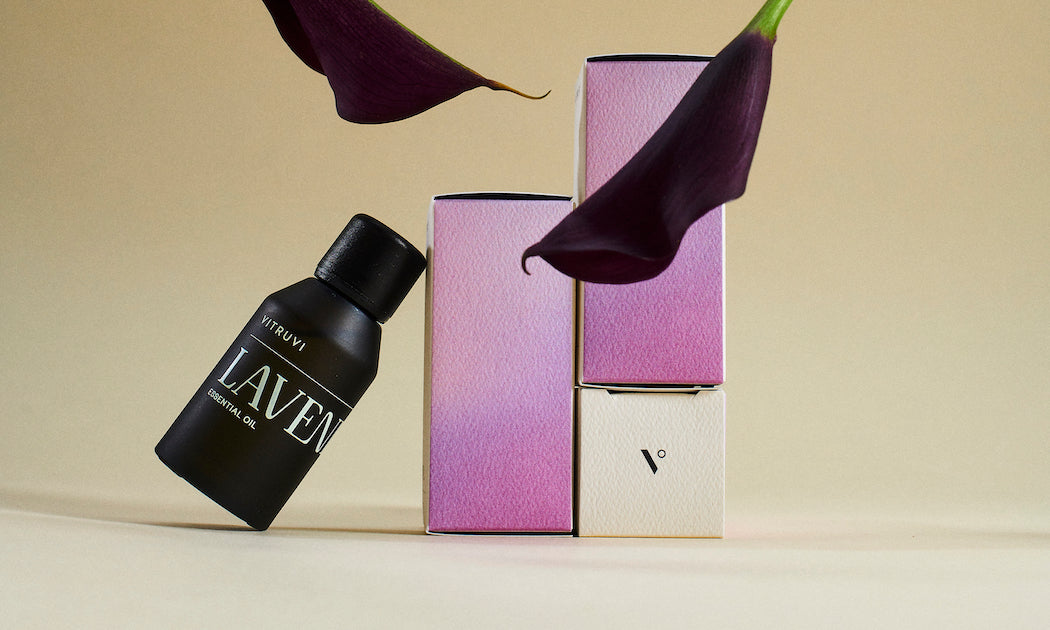Juliet Capulet was half right when she said, in reference to Romeo Montague in the Shakespeare tragedy about the two, “That which we call a rose by any other name would smell as sweet.” She likes Romeo (and his scent likely played a role in that—more on that later), so who cares what he calls himself? However, if she’d known his antagonistic surname upon first meeting, would she still have fallen for him? There’s a chance she wouldn’t have, because when it comes to attraction and scent, context matters.
In the preface of Dr. Rachel Herz’s book The Scent of Desire, the Rhode Island-based neuroscientist and expert in the psychology of scent shares a childhood anecdote to show just how strongly context impacts our perception of an aroma. She recalls taking a drive with her family on a summer’s day—everyone was happy, the scenery was idyllic, “… when suddenly, I smelled something strange and pungent,” she writes. “Almost at that exact moment I heard my mother exclaim ‘I love that smell!’ ‘What is it?’ I asked her. ‘Skunk,’ she said with a smile. And from that day on I loved the smell of skunk.”
As her own surprising predilection for skunk suggests, Herz says our responses to odours aren’t innate, and just a single exposure in a meaningful context can create a lifelong association. That’s because the brain’s olfactory bulb, upon receiving information about smells via receptors in the nasal cavity, immediately communicates with the amygdala and then the hippocampus—which, respectively, process emotion and associative memory. “No other sensory system,” Herz says via phone, “has this immediate, direct connection to those parts of the brain.”
Not only are smell and emotion connected, but from a primal, evolutionary standpoint, they also serve similar functions of what to approach and what to avoid, says Herz. Put simply, we move towards good smells and good feelings that will help us survive, and away from bad ones that won’t. “We use vision as our primary sensory system, but most other animals, primates included, use smell as the navigational tool for understanding and collecting information about what’s in their environment,” Herz explains. “We still use smell in a very significant way in terms of what we like, what we dislike, and what is the meaning of something; that’s still fundamentally linked to basic survival mechanisms.”
Once an emotional link to a scent is made, be it positive or negative, smelling it can then have a physiological effect, not unlike how thinking about something exciting can cause a person’s heart rate to increase. “The associations directly affect our emotions, and our emotions directly affect our behaviour, performance, and physiology,” says Herz. She cites one of her own studies in 2005 as an example, wherein she had subjects associate an unfamiliar odour with feelings of frustration; later, when that odour was in the room with them, they behaved in a very frustrated way on unrelated tasks. Similarly, connecting a feeling of relaxation with a scent can have that effect. “The smell can be the trigger where you don’t have to expend the effort to think, ‘Okay, now I’m going to get relaxed,’” explains Herz. “The smell can help facilitate that.”
Back to Juliet. She met Romeo at a Capulet ball. He being a Montague, thus an unfamiliar scent, also could have contributed to her olfactory fondness. “From the point of view of mating, and it’s especially strong for a female, we seem to be attracted sexually to the scent of people who are more immunologically different,” says Herz. That’s not to say our sense of smell is keen enough to discern someone’s immune system, but rather that it gets honed to avoid the familiar, as in family.
Romeo and Juliet are, of course, fictional characters, so this is a hypothetical of hypotheticals. But knowing a little about how smell works, one can venture a guess that if their intense teen romance hadn’t been fatal, and simply ended with a break-up a few weeks later like it does for most people, the next time Juliet found herself at a family party or on a balcony and a scent similar to Romeo’s (a certain kind of rose, perhaps) wafted by, a rush of feelings and memories would involuntarily follow.












